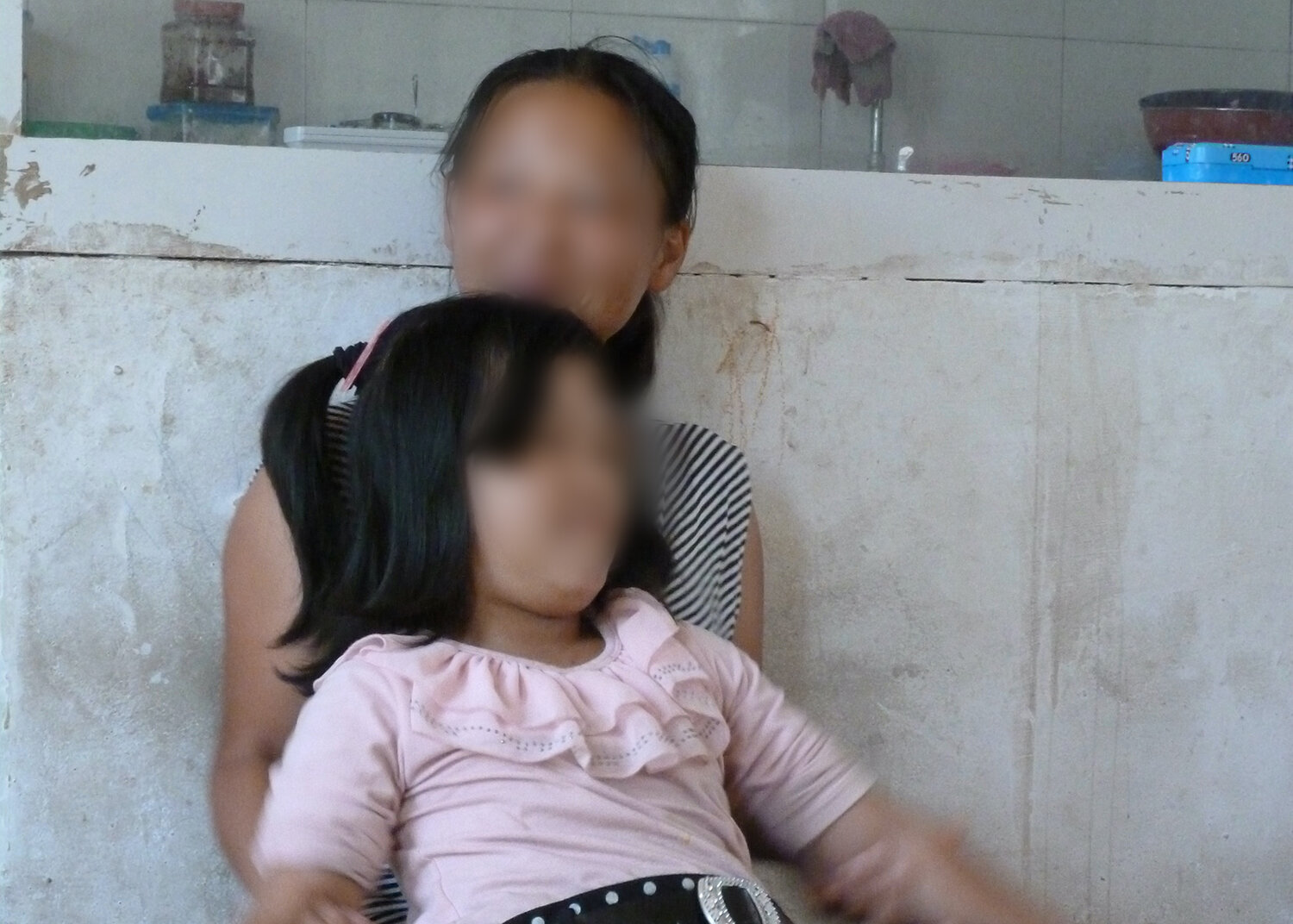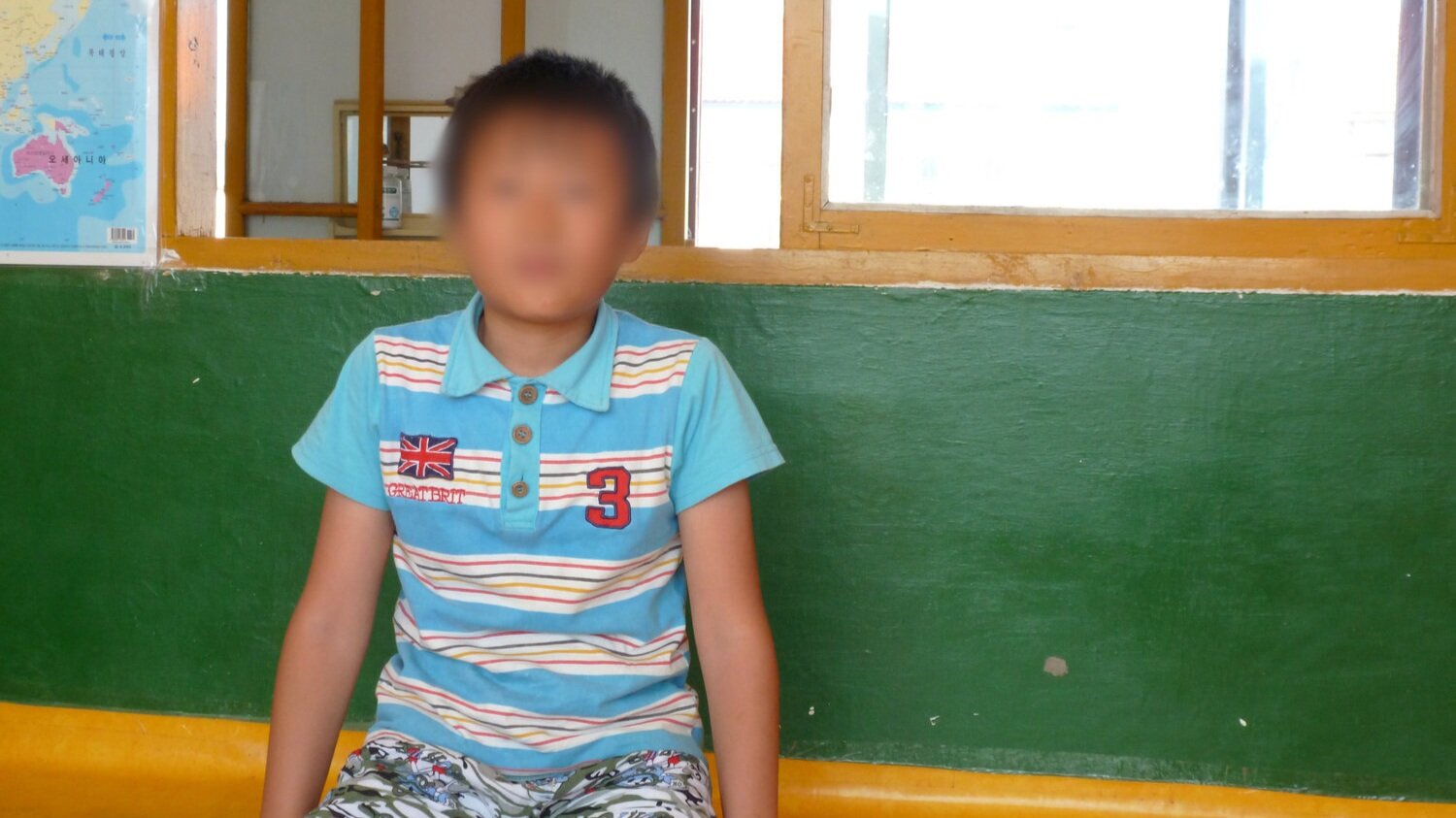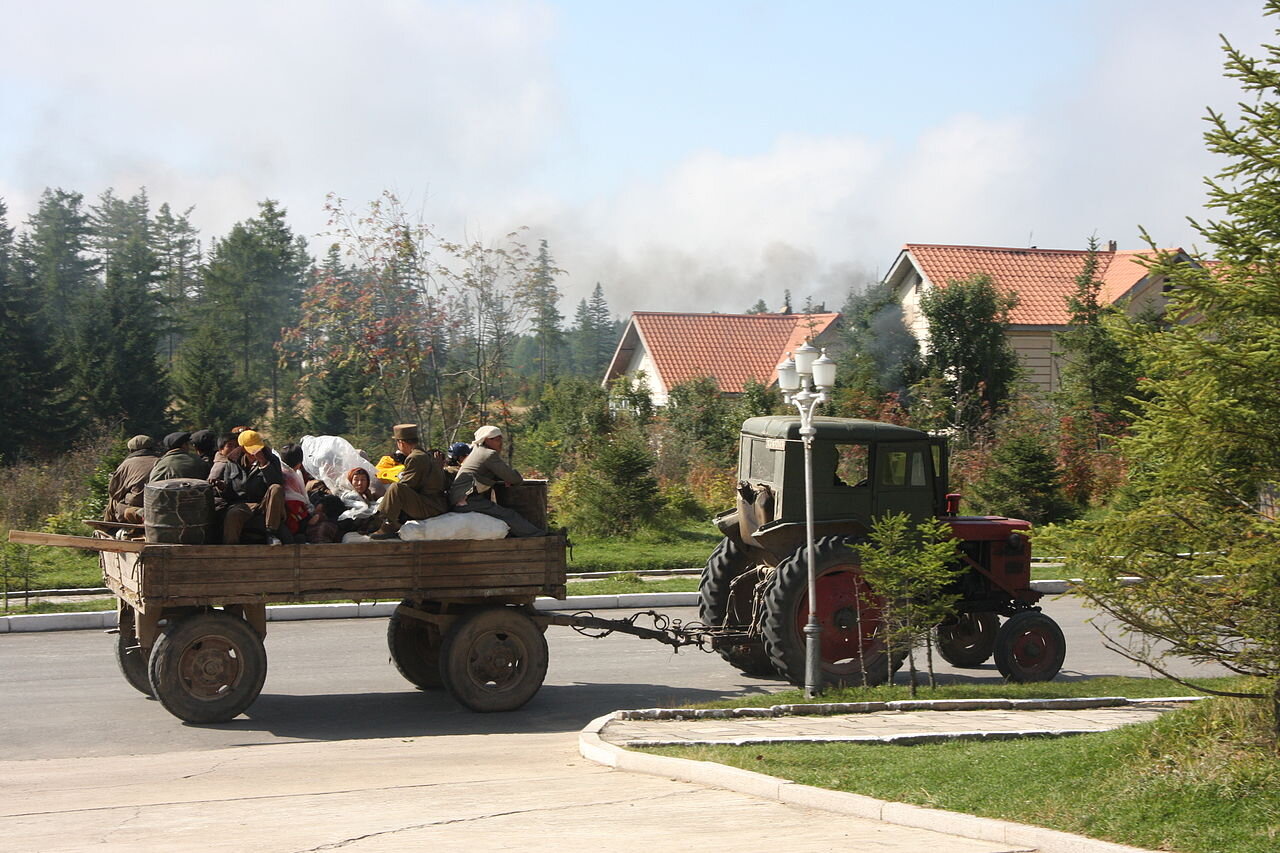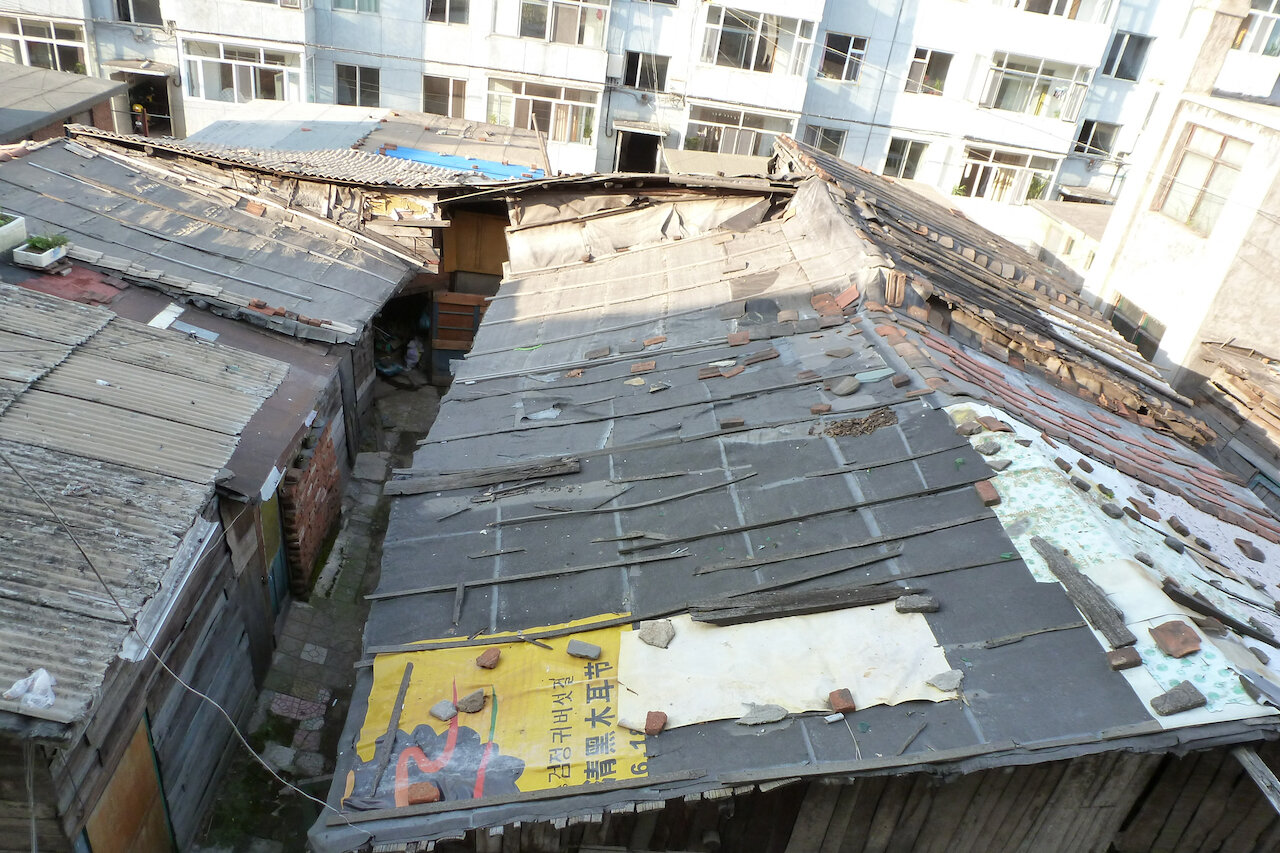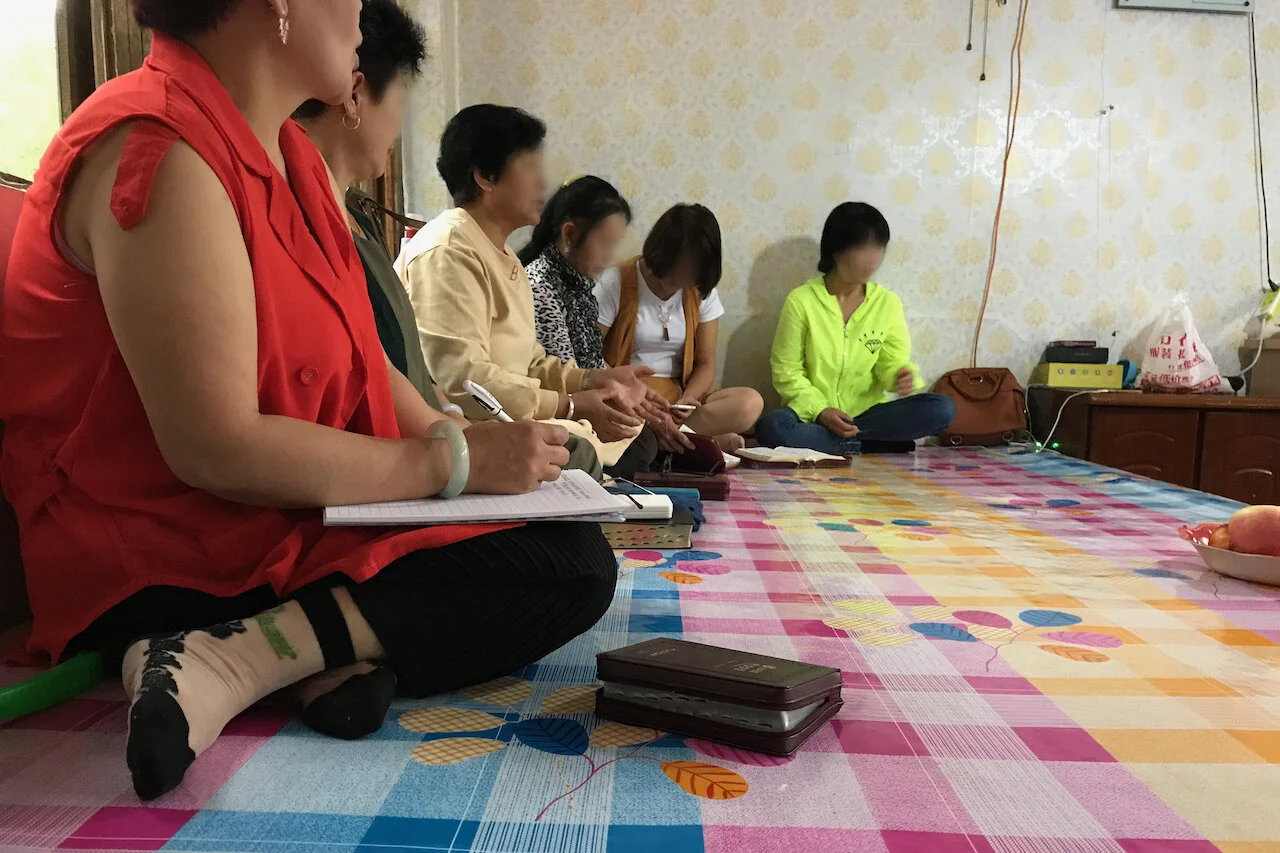10,000 North Korean students reportedly confess to consuming South Korean media
Over 10,000 North Korean students surrendered themselves to authorities for consuming K-pop and Korean dramas in late April of 2021 with hopes for reduced sentences.
North Korean citizens must perform a practice called “saenghwal cheonghwa” or “self-criticism” in which they confess their shortcomings in loyalty to the state and publicly report on those who do not conform to state laws to local authorities. The practice is used to enforce the nation’s control over its citizens through self-monitoring.
Those who break the law may face up to 15 years in labor camps and fines for parents of children violating bans.
Those caught importing banned materials from South Korea receive life-sentences for imprisonment. Those importing materials from the US or Japan may face execution charges.
Learn More:
https://www.rfa.org/english/news/korea/youth-05102021190202.html
Alarming and candid warnings of a possible famine from Kim Jong Un
Kim Jong Un recently stated that North Korea must “wage another more difficult ‘Arduous March’” and that "many obstacles and difficulties are ahead.”
The “Arduous March” refers to the horrific North Korean famine from 1994 through 1998 in which an estimated 200,000 to 2 million people perished due to starvation.
Reports from experts point to North Korea’s spiraling economy in the COVID pandemic and the possibility that Kim’s statement may be entirely true.
North Korea’s trade relations with its only lifeline, China, dropped 80% in 2020, according to Chinese trade data.
The USDA currently projects that approximately a million more North Koreans have become food insecure during the course of the 2020 pandemic.
Learn More:
https://www.hrw.org/news/2021/04/12/north-koreas-leader-warns-famine#
https://www.dw.com/en/coronavirus-how-the-pandemic-is-hitting-north-korea-hard/a-57168554
South Korean President Moon’s last chance to achieve a lasting peace with North Korea
"I will consider the remaining one year of my term to be the last opportunity to move from an incomplete peace toward one that is irreversible," Moon said.
Moon has made engaging with North Korea a signature project of his presidency
The South Korean president is expected to push the US to seek engagement with North Korea, though Biden has shown little interest in making North Korea a top priority.
Learn More:
Still Virus free
North Korea has told the World Health Organization that it has tested 25,986 people for the coronavirus through April but still has yet to find a single infection.
Experts have expressed skepticism about North Korea's claim given its poor health infrastructure and a porous border it shares with China.
Learn More:





